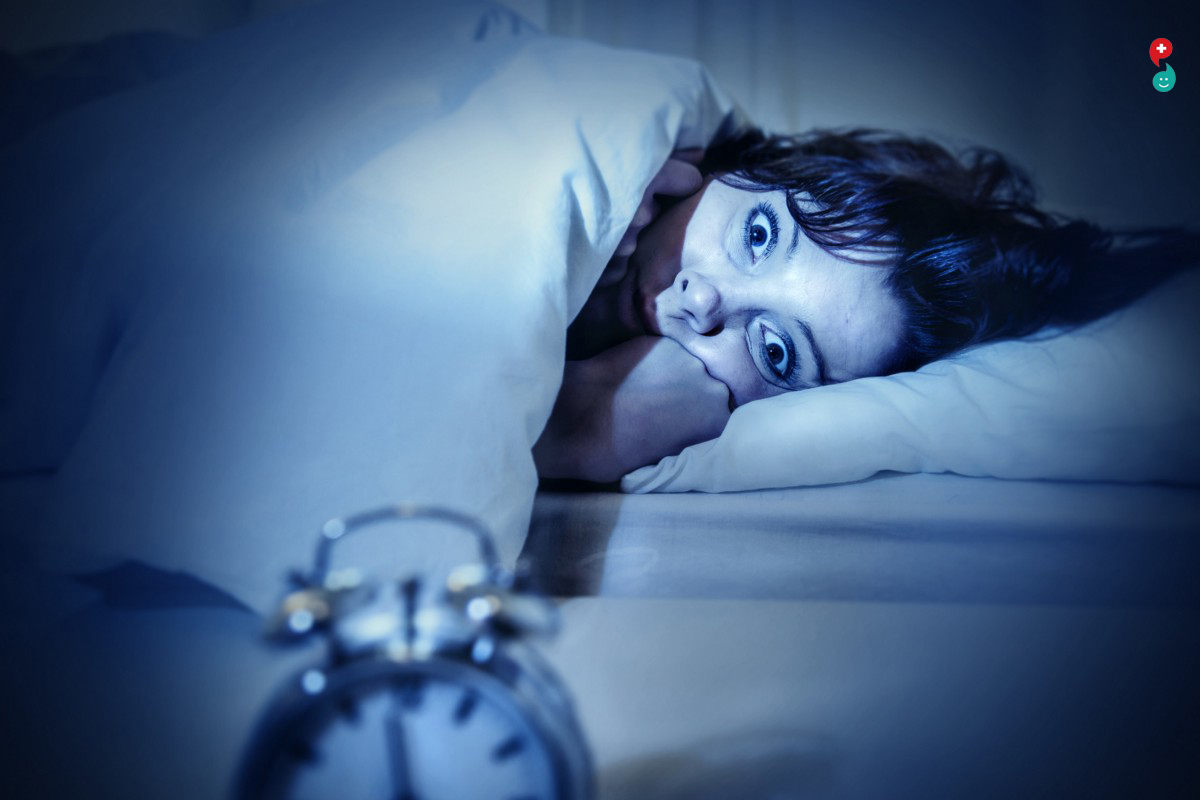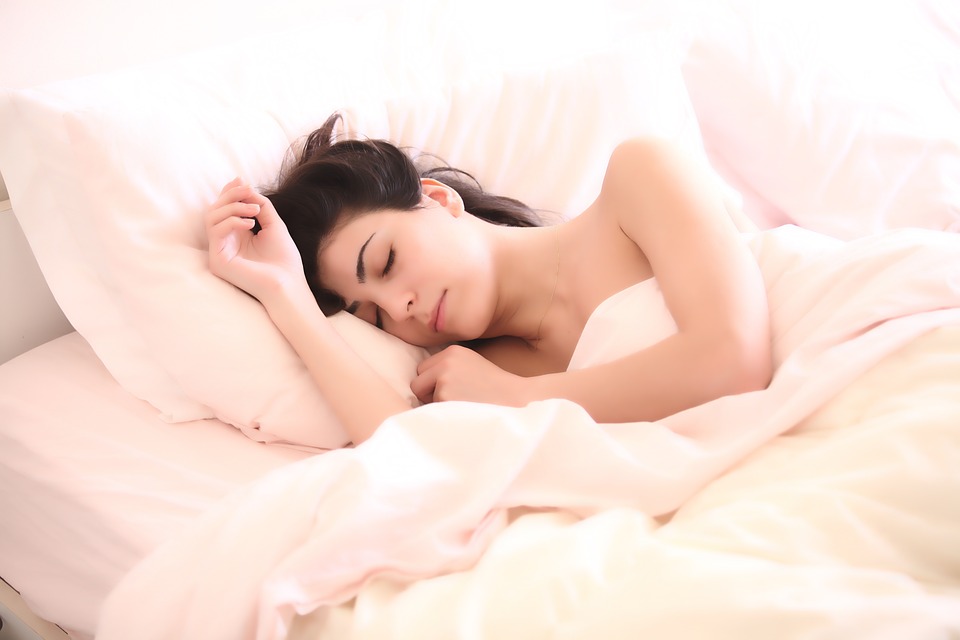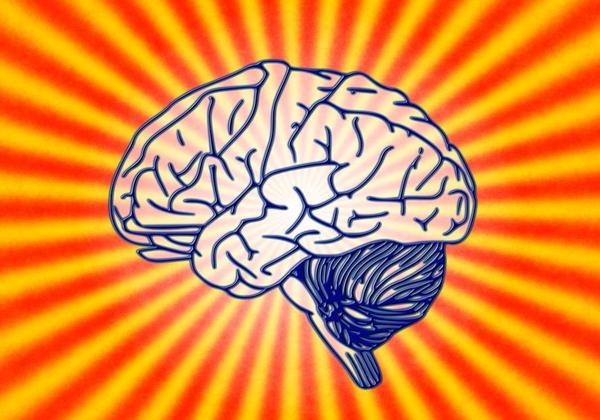Definition of insomnia
Insomnia is a type of sleep disorder. Individuals with insomnia find it difficult to fall asleep, stay asleep, or both.
People with insomnia often don’t feel refreshed when they wake up from sleeping, either. This can lead to fatigue and other symptoms.
Insomnia is the most common of all sleep disorders, according to the American Psychiatric Association (APA). In fact, the APA states that about one-third of all adults report insomnia symptoms. But between 6 to 10 percent of all adults have symptoms severe enough for them to be diagnosed with insomnia disorder.
The APA defines insomnia as a disorder in which people have trouble falling asleep or staying asleep. Doctors make a clinical diagnosis of insomnia if both of these criteria apply:
Sleep difficulties occurring at least three nights a week for a minimum of three months.
Sleep difficulties creating major distress or functional difficulties in a person’s life.
Keep reading to learn all about the symptoms, causes, and types of insomnia.
Insomnia causes
The causes of your insomnia will depend on the type of sleeplessness you experience.
Short-term insomnia may be caused by stress, an upsetting or traumatic event, or changes to your sleep habits.
Chronic insomnia lasts for at least three months and is usually secondary to another problem or a combination of problems, including:
medical conditions which make it harder to sleep, such as arthritis or back pain
psychological issues, such as anxiety or depression
substance use
Risk factors for insomnia
Insomnia can occur at any age and is more likely to affect women than men.
Treating insomnia
There are both pharmaceutical and nonpharmaceutical treatments for insomnia.
Your doctor can talk to you about what treatments might be appropriate. You may need to try a number of different treatments before finding the one that’s most effective for you.
The American College of Physicians (ACP) recommends cognitive behavioral therapy (CBT) as a first-line treatment for chronic insomnia in adults.
Sleep hygiene training may also be recommended. Sometimes, behaviors that interfere with sleep cause insomnia. Sleep hygiene training can help you change some of these disruptive behaviors.
Suggested changes may include:
avoiding caffeinated beverages near bedtime
avoiding exercise near bedtime
minimizing time spent on your bed when you’re not specifically intending to sleep, such as watching TV or surfing the web on your phone
If there’s an underlying psychological or medical disorder contributing to your insomnia, getting appropriate treatment for it can alleviate sleep difficulties. Discover more treatments for insomnia.
Insomnia medications
Sometimes, medications are used to treat insomnia.
An example of an over-the-counter (OTC) medication that can be used for sleep is an antihistamine, such as diphenhydramine (Benadryl). Medications like this can have side effects, especially long term, so it’s important to talk to a doctor before starting yourself on an OTC medicine for insomnia.
Prescription medications that may be used to treat insomnia include:
eszopiclone (Lunesta)
zolpidem (Ambien)
Talk with your doctor before using any medications or supplements to treat your insomnia.
There might be dangerous side effects or drug interactions. Not every “sleep aid” is appropriate for everyone. Get more information on insomnia medications.
Home remedies for insomnia
Many cases of insomnia can be effectively managed by making lifestyle changes or trying home remedies.
Warm milk, herbal tea, and valerian are just a few of the natural sleep aids you can try.
Meditation
Meditation is a natural, easy, drug-free method for treating insomnia. According to the National Sleep Foundation, meditation can help improve the quality of your sleep, as well as make it easier to fall asleep and stay asleep.
The Mayo Clinic says that meditation can also help with symptoms of conditions that may contribute to insomnia. These include:
stress
anxiety
depression
digestive problems
pain
Many apps and videos are available to help you meditate.
Melatonin
The hormone melatonin is naturally produced by the body during the sleep cycle. People often take melatonin supplements in hopes of improving their sleep.
Studies are inconclusive regarding whether melatonin can actually help treat insomnia in adults. There’s some evidence that supplements may slightly decrease the time it takes you to fall asleep but more research is needed.
Melatonin is generally thought to be safe for a short period of time, but its long-term safety has yet to be confirmed.
It’s always best to work with your doctor when deciding to take melatonin.
Essential oils
Essential oils are strong aromatic liquids made from a variety of plants, flowers, and trees. People treat a variety of conditions by inhaling oils or massaging them into the skin. This practice is called aromatherapy.
Essential oils that are thought to help you sleep include:
Roman chamomile
cedarwood
lavender
sandalwood
neroli, or bitter orange
A review of 12 studies in 2015 found aromatherapy to be beneficial in promoting sleep.
Another study found lavender to be especially useful in promoting and sustaining sleep. The study reported that a mixture of essential oils reduced sleep disturbance and increased well-being in older adults.
Essential oils don’t generally cause side effects when used as directed. Most essential oils have been classified GRAS (generally recognized as safe) by the U.S. Food and Drug Administration (FDA).
However, aromatherapy isn’t regulated by law in the United States, and no license is required for practice. Therefore, it’s important to select practitioners and products carefully.
Find out more about safe and healthy home remedies for insomnia.
According to the National Heart, Lung, and Blood Institute (NHLBI), people with certain risk factors are more likely to have insomnia. These risk factors include:
high levels of stress
emotional disorders, such as depression or distress related to a life event
lower income
traveling to different time zones
sedentary lifestyle
changes in work hours, or working night shifts
Certain medical conditions, such as obesity and cardiovascular disease, can also lead to insomnia. Menopause can lead to insomnia as well. Find out more about the causes of — and risk factors for — insomnia.
Insomnia symptoms
People who experience insomnia usually report at least one of these symptoms:
waking too early in the morning
unrefreshing sleep
trouble falling or staying asleep
These symptoms of insomnia can lead to other symptoms, including:
fatigue
mood changes
irritability
You may also have difficulty concentrating on tasks during the day. Learn more about the effects of insomnia on the body.

Melatonin is a hormone known to promote sleep but ever wondered how? Researchers from the University of Missouri School of Medicine have discovered how melatonin suppresses neurons in the brain that keeps you awake and alert.
These findings could lead to new therapies for those who suffer from insomnia. “We as a society are losing sleep because we are working too hard, and it’s causing a variety of health concerns,” said Mahesh Thakkar, lead author of the study.
“We often don’t even think about sleep or consider it important. However, there is nothing more important than sleep. We need to focus on therapies that can help you have quality sleep, not just sleep.” Using a mouse model, Thakkar’s research found that melatonin infused in the brain at dark -- when the mice are awake and active -- increased sleep and reduced wakefulness by suppressing specific neurons that stimulate the brain to wake up.
Thakkar also discovered that blocking melatonin receptors in the brain at bedtime significantly increased wakefulness. The experiments singled out one receptor, MT1, as the mechanism via which melatonin acts to inhibit the specific orexin neurons that wake you up. This discovery could help lead to medications that target only the MT1 receptor instead of multiple receptors, which could lead to fewer side effects for those who take sleep-promoting drugs.
“Melatonin has been used as a sleep drug for many years, but people didn’t know how it worked,” Thakkar said. “Our research suggests that if you target the melatonin MT1 receptor, you will get the most sleep with minimal side effects.” The study appears in the Journal of Pineal Research.

While lack of sleep is a major risk factor for depression, not everyone who tosses and turns at night becomes depressed. According to a study, individuals whose brains are more attuned to rewards may be protected from the negative mental health effects of poor sleep. The findings revealed that students with poor quality sleep were less likely to have symptoms of depression if they also had higher activity in a reward-sensitive region of the brain."This helps us begin to understand why some people are more likely to experience depression when they have problems with sleep," said Ahmad Hariri, Professor at the Duke University in North Carolina, US. "This finding may one day help us identify individuals for whom sleep hygiene may be more effective or more important," Hariri added.
For the study, appearing in The Journal of Neuroscience, the team examined a region deep within the brain called the ventral striatum in 1,129 college students. Ventral striatum helps regulate behaviour in response to an external feedback as well as reinforce behaviours that are rewarded, while reducing behaviours that are not. The results showed that those who were less susceptible to the effects of poor sleep showed significantly higher brain activity in response to positive feedback or reward compared to negative feedback.
"Poor sleep is not good, but you may have other experiences during your life that are positive. And the more responsive you are to those positive experiences, the less vulnerable you may be to the depressive effects of poor sleep," Hariri said.
So it comes back to the same point that health experts have been stating for years - the importance of leading a balanced and healthy lifestyle with proper sleep and good diet. One's diet can also work wonders in boosting mental health and providing sound sleep. A healthy diet can prevent many ailments such as the risk of obesity, type 2 diabetes, heart disease, stroke, and some types of cancer. The regular consumption of fruits and vegetables particularly are also beneficial for our mental health. A research study done by the Department of Psychology at University of Otago in New Zealand found that increasing fruit and vegetable consumption may improve psychological well-being in as little as 2 weeks.
The team found that young adults who were given extra fruits and vegetables each day for 14 days experienced a boost in motivation and vitality. According to leading health experts, a healthy diet should constitute of two cups of fruits and about three cups of vegetables daily.
Sleep problems can be caused by various factors. Although causes may differ, the end result of all sleep disorders is that the body's natural cycle of slumber and daytime wakefulness is disrupted or exaggerated.
Factors that can cause sleep problems iclude:
• Physical disturbances (for example, pain from ulcers)
• Medical issues (for example, asthma)
• Psychiatric disorders (for example, depression and anxiety disorders)
• Environmental issues (for example, alcohol use)
Short-term or acute insomnia can be caused by life stresses (such as job loss or change, death of a loved one, or moving), illness, or environmental factors, such as light, noise, or extreme temperatures.
Long-term or chronic insomnia (insomnia that occurs at least three nights a week for a month or longer) can be caused by factors such as depression, chronic stress, and pain or discomfort at night.
Other factors that can interfere with sleep include:
• Genetics: Researchers have found a genetic basis for narcolepsy, a neurological disorder of sleep regulation that affects the control of sleep and wakefulness.
• Night shift work: People who work at night often experience sleep disorders, because they cannot sleep when they start to feel drowsy. Their activities run contrary to their biological clocks.
• Medications: Many drugs can interfere with sleep, such as certain antidepressants, blood pressuremedication, and over-the-counter cold medicine.
• Aging: About half of all adults over the age of 65 have some sort of sleep disorder. It is not clear if it is a normal part of aging or a result of medications that older people commonly use.
- Exercise daily
- Don't eat too late
- Fix the time-slot for sleeping and FOLLOW IT
- Focus on Deep Breathing for few minutes
- Avoid using Mobile phone & Laptop and watching TV, a half or one hour before sleeping
- Use Sleep masks
- Don't drink Caffeine at evening; Try to avoid it after 3PM, if possible.
- Listen relaxing Music at low volume












